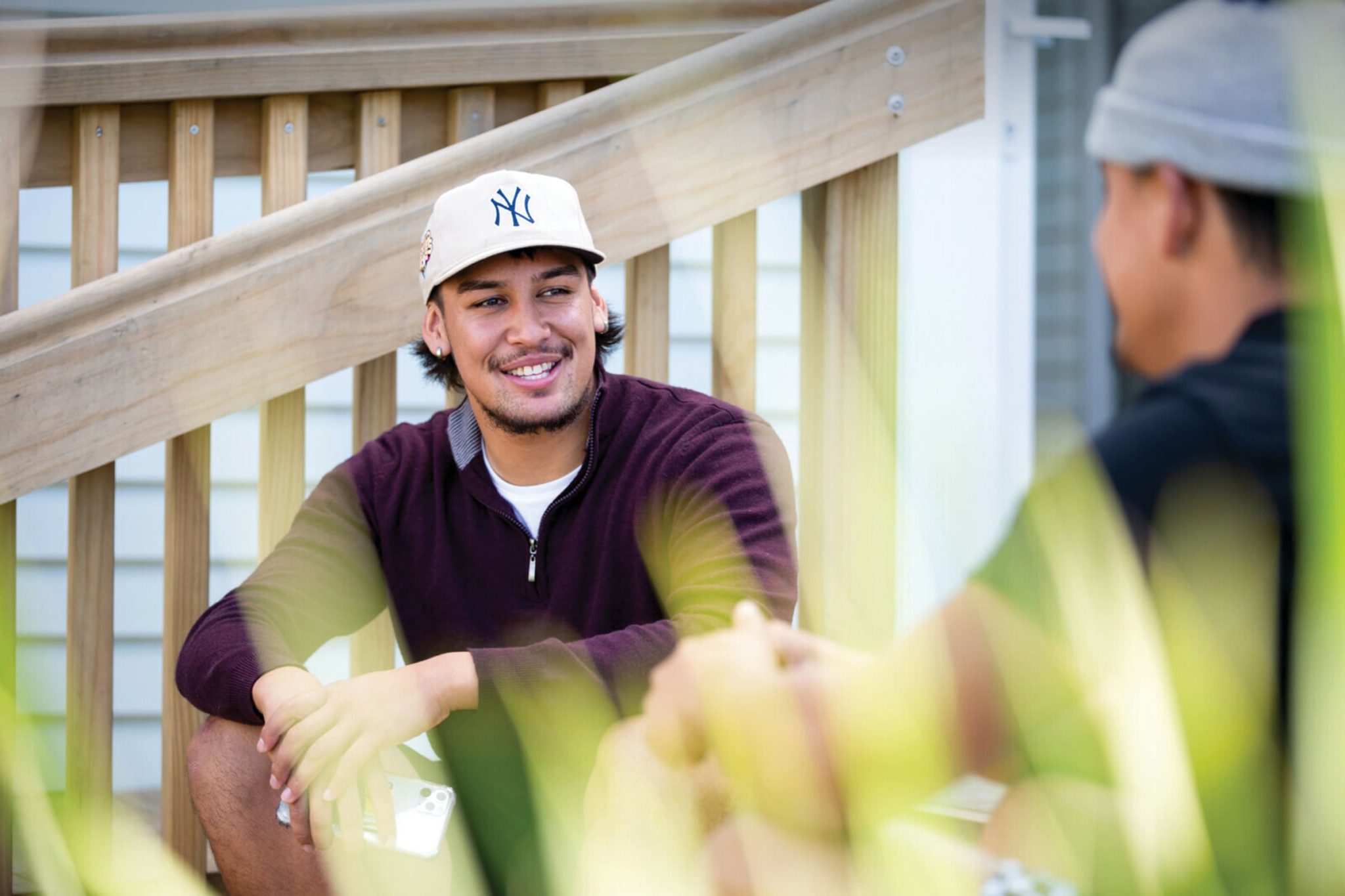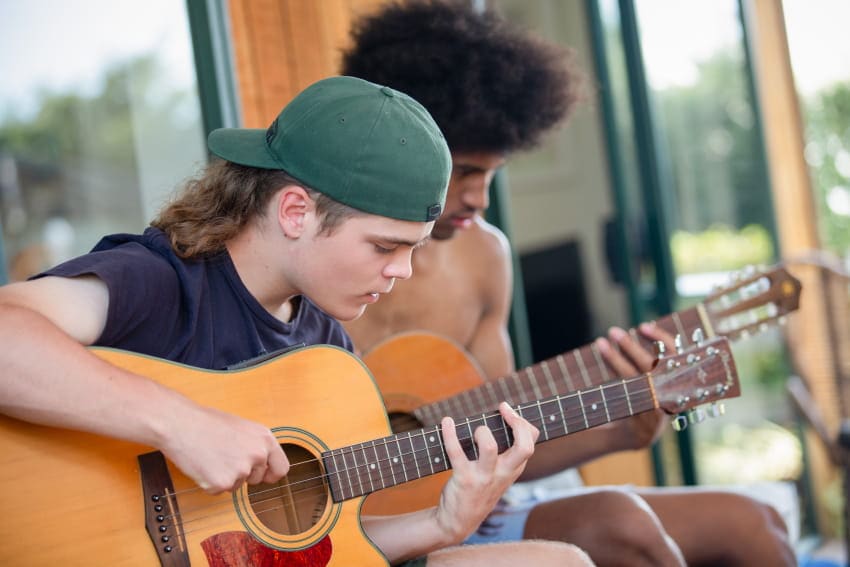
Kaitiaki Residential provides round-the-clock emergency care assistance for young people in Tāmaki Makaurau Te Tai Tokerau and Waikato. Our facilities cater to different needs, including youth justice remand placements, care and protection, and transitional care for those working towards stability and permanency.
About the Programme
We support rangatahi under Youth Justice (s235 or 238(1)(d)) or Care & Protection pathways. Each placement is carefully considered with the young person’s safety, aspirations, and support needs in mind, enabling them to access the right environment to move forward with confidence.
Community-Based Support
Our Kaitiaki homes are welcoming, structured spaces embedded within local communities. Each home offers a safe and stable environment that enables rangatahi to stay connected to their whānau, peers, and support networks – relationships that are central to their healing and development.
Remaining in a home-like setting plays a vital role in supporting rangatahi to maintain these important connections. Daily life reflects that of a typical household, with routines that include scheduled programmes, whānau contact, sports, and cultural activities.
Our holistic approach promotes mana-enhancement, helping rangatahi make empowered choices that lead to brighter futures.
Education & Social Development
We place a strong focus on education, life skills, and social development. Rangatahi are supported through structured daily routines that include learning opportunities, creative outlets, physical activity, and culturally enriching experiences.
